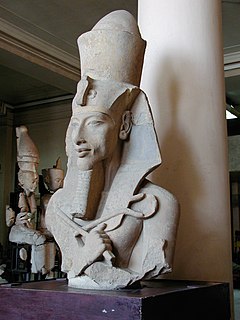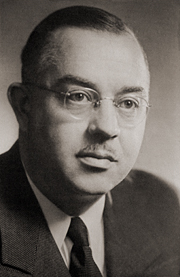A Quote by Marcus Aurelius
Let thine occupations be few, saith the sage, if thou wouldst lead a tranquil life.
Related Quotes
Here must thou be, O man, Strength to thyself - no helper hast thou here - Here keepest thou thy individual state: No other can divide with thee this work, No secondary hand can intervene To fashion this ability. 'Tis thine, The prime and vital principle is thine In the recesses of thy nature, far From any reach of outward fellowship, Else 'tis not thine at all.
Make me what Thou wouldst have me. I bargain for nothing. I make no terms. I seek for no previous information whither Thou art taking me. I will be what Thou wilt make me, and all that Thou wilt make me. I say not, I will follow Thee whithersoever Thou goest, for I am weak, but I give myself to Thee, to lead me anywhither.
Come not, when I am dead, To drop thy foolish tears upon my grave, To trample round my fallen head, And vex the unhappy dust thou wouldst not save. There let the wind sweep and the plover cry; But thou, go by. Child, if it were thine error or thy crime I care no longer, being all unblest; Wed whom thou wilt, but I am sick of Time, And I desire to rest. Pass on, weak heart, and leave me where I lie: Go by, go by.
It seems that wherever the Welfare State is involved, the moral precept, "Thou shalt not steal," becomes altered to say: "Thou shalt not steal, except for what thou deemest to be a worthy cause, where thou thinkest that thou canst use the loot for a better purpose than wouldst the victim of the theft."







































